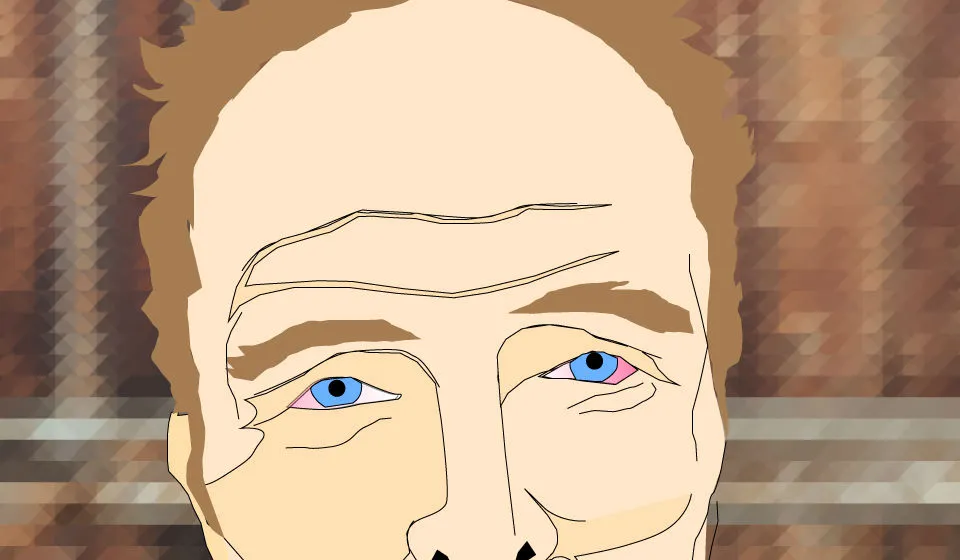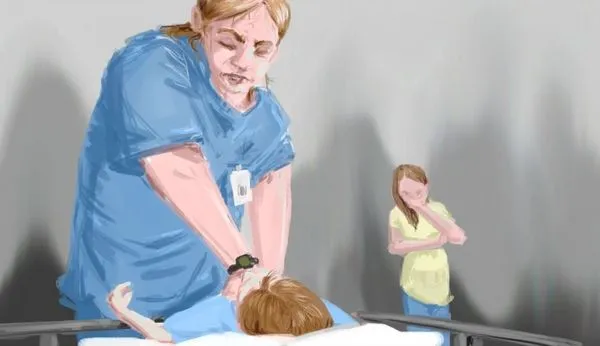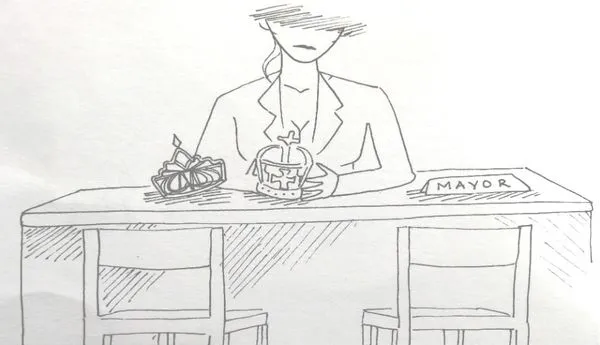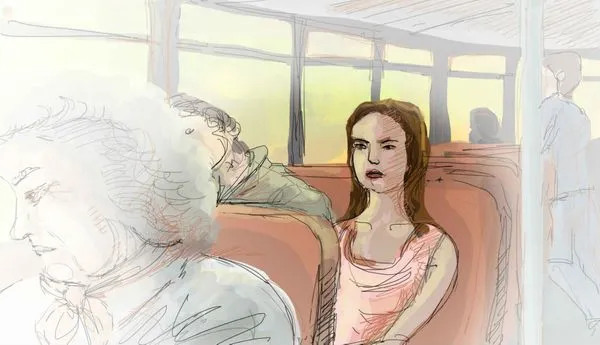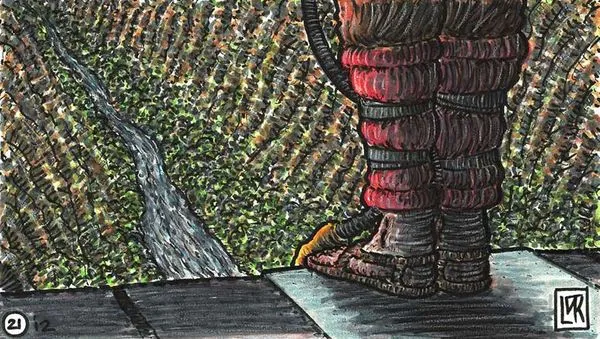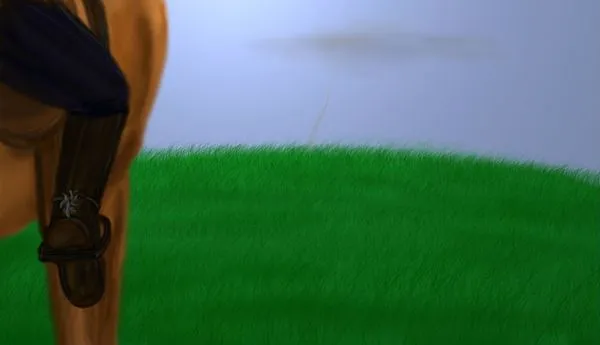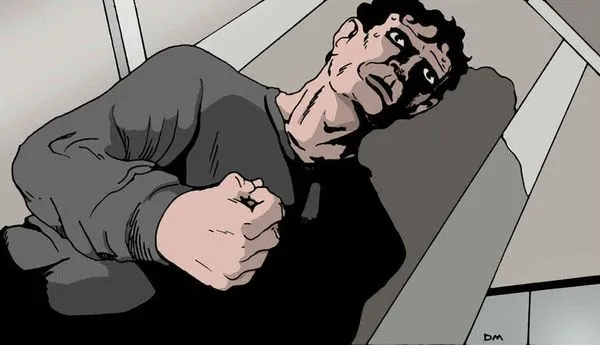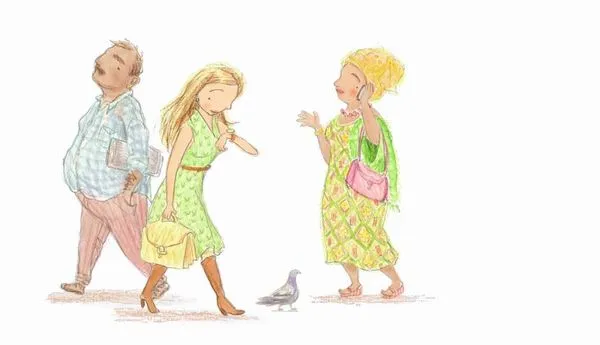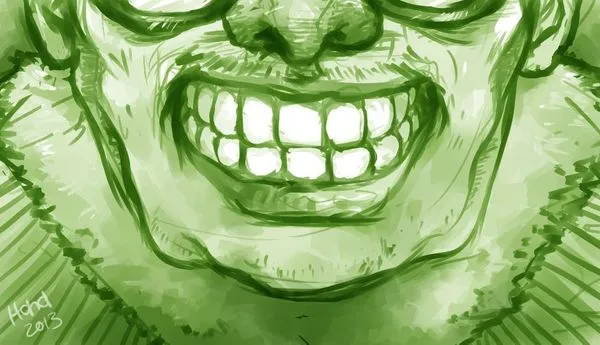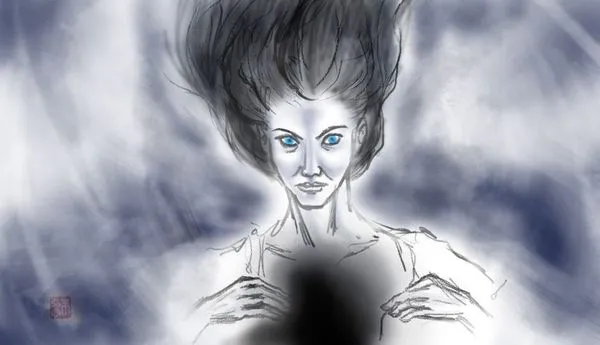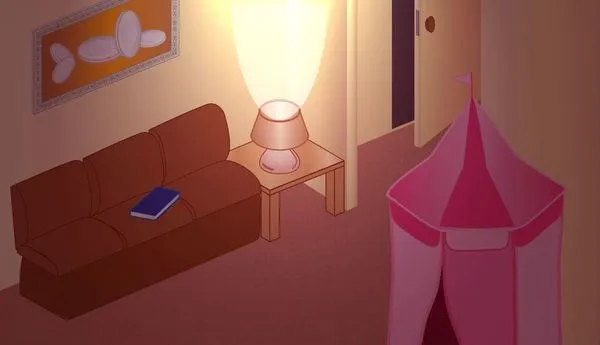Broken
Published on 2015-07-25
Paul hears some static going through the doors. His heart stops for a second, thinking he would be signaled aside to be patted down. He can’t afford that, not today.
But no, the metal detector of the courthouse didn’t ring. Because a metal detector can’t detect the ceramic blade with a plastic handle tucked in his right boot.
He makes his way to the hearing. He takes the seat next to his lawyer. He looks over at the defendant’s booth. At the cop in a beige polo shirt and light grey denim pants, short cropped hair with a hint of gray at the temples, freshly shaven square jaw. At his eyes. His cold, blue eyes. The cop meets his gaze, impassive. Looks to his lawyer as she addresses him under her breath.
One way or another, killer, this is the last day of the life you once knew.
The judge walks in and everybody rises. Paul knows he should be nervous. But he feels calm. Detached. Like he is an observer of the opening proceedings of the courthouse and the case of Leonard vs Pereira. He feels no stirring of his guts as the facts of the case are reiterated. How Agent Jason Pereira was barreling down the town street at 70 miles per hour, emergency lights off, sirens off, not even responding to a call. How Mr. Paul Leonard pulled out of his driveway, but because of the speed of the patrol car and the small hill 30 meters away, Mr. Leonard didn’t see it coming, and didn’t have time to react. Nor did Agent Pereira.
He feels nothing when the judge repeats that his five-year-old son died on impact.
He doesn’t experience the usual flashback whenever he hears those words. The sudden sound of a roaring engine way too close, then twisting metal and breaking glass and screeching rubber and blackness. The silence, then. The unbearable silence.
Nothing of this. He finds his flatlining emotions curious.
The judge gives his verdict. After much deliberation and the careful review of evidence, he declares Agent Pereira not guilty. Case dismissed.
Paul isn’t surprised by the verdict. He had no hopes that justice would be served today. Even if his son’s killer had received the maximum sentence for manslaughter, it would do nothing to bring back Nicholas.
He knew cops got away with murder. He didn’t expect the judge to ask nothing of the child killer, though. No fine. No punitive damages. No consequence. Not even an excuse.
He knows he should be angry. He can only observe that he isn’t.
The judge adjourns the court. Talk erupts at once. People stand around. His lawyer avoids his gaze, concentrates on filing papers in his briefcase.
Paul reaches into his boot. Stands up. Walks towards the cop still shaking hands with his lawyer who sees him advancing. A look of alarm crosses her face. Paul bounds, knife raised. Someone screams.
He hears a loud pop as something slams in the back of his neck. He crumples in a heap, knife clattering away. Sea of scurrying feet. Creeping darkness at the edge of his sight.
He wakes up. His head feels heavy. Tubes are in his mouth and nose and throat. He hears rhythmic beeping. He tries to look around but can’t.
He tries to clench his fingers, but can’t.
Tries to wiggle his toes.
Can’t.
The doctor tells him he is paralyzed. The bullet of the courthouse officer crushed his spinal cord.
“The officer? No, no charges against him. He fired on an armed man to save a cop’s life, after all. Witnesses, including the judge and the two lawyers, corroborated it.”
He leans over the beeping machine and takes notes in his file.
“Charges were pressed against you, you know. They were dropped because you were declared unfit to stand trial.”
He adjusts the drip of the IV bag.
“You are lucky.”

